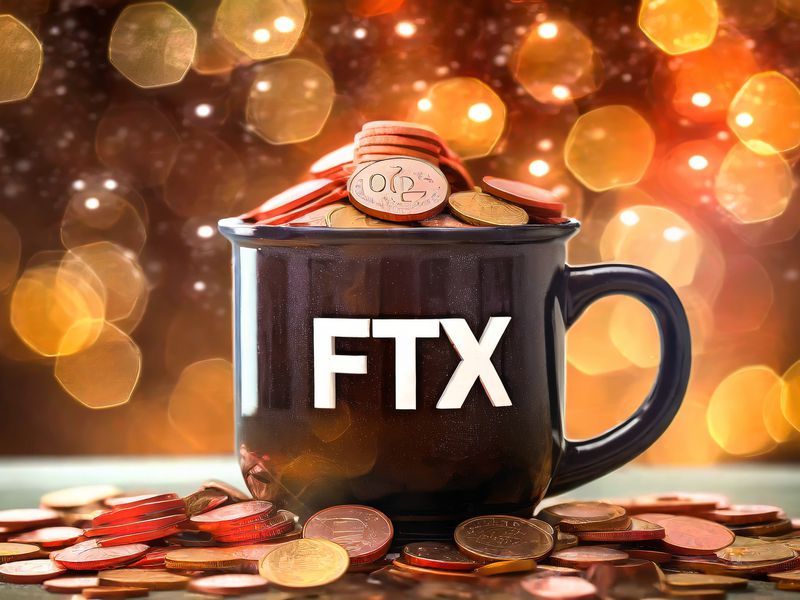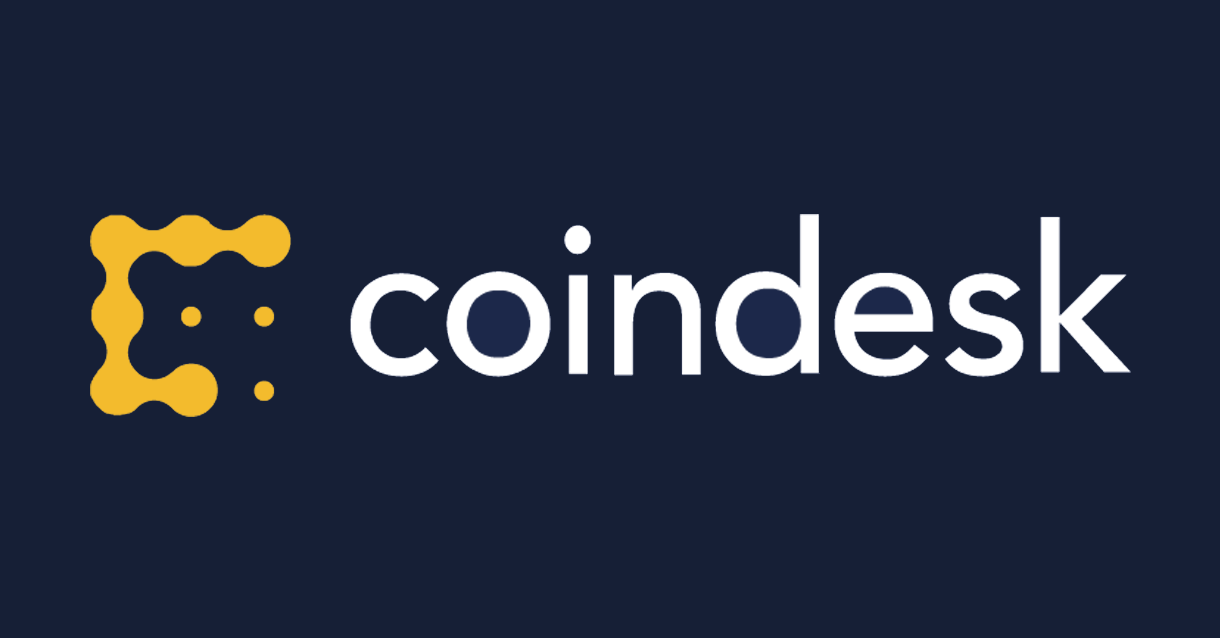Livepeer Prepares to Unlock New Way for GPU Miners to Earn Crypto

By the end of this year, GPU miners could have a fresh new way to earn crypto without any opportunity cost.
Decentralized video-streaming startup Livepeer debuted its Streamflow testnet on Tuesday, and miners and developers are working with the company to test video transcoding using idle chips already built into graphics processing units (GPUs).
“The millions of GPUs out there that are mining cryptocurrency, ethereum, zcash, grin, monero, they have video encoding on those chips that can’t hash cryptocurrency,” Doug Petkanics, Livepeer’s founder, explained to CoinDesk in a phone call. “They are sitting there doing absolutely nothing.”
In other words, if a mining farm is mining monero, it can keep doing that. Once Streamflow goes live on the ethereum mainnet, the GPUs in that farm will be able to also earn both ETH in fees and Livepeer’s LPT token in block rewards for using the currently untapped video transcoders.
“For miners, it’s additional revenue that comes at almost no opportunity cost,” he said, something Livepeer has been promising for some time now. Miners can now start testing the current implementation to help the Livepeer team get it to a reliable build.
Testnets can also inspire more interest from developers as well, as Electric Capital observed with its most recent report on developer activity in crypto.
The current Livepeer alpha is not yet using GPUs. He wrote in an email, “The current version of Livepeer only supports CPU based encoding. So the ‘miners’ performing the work are not simultaneously mining cryptocurrency like they can in the new release.”
Forward progress
Livepeer is funded by an $8 million seed equity round. It famously innovated on an early token distribution using a technique called “Merkle mining,” where network participants put forth some of the resources required to distribute a token.
People who hold Livepeer’s LPT tokens can delegate them to network participants to earn more crypto and provide security to the network. If streamflow works, nodes should have a great deal more work to do.
Streamflow “should make a scalable, reliable, cost-effective network for encoding,” Petkanics said. For background, Livepeer takes video streams and “transcodes” them into the many formats that people might view them on. So a TV gets a different stream than an iPhone 5S, so the company providing the stream isn’t wasting lots of unnecessary data bandwidth for a stream that can’t adequately display it.
The software will move to the ethereum mainnet “once we achieve enough reliability and no one’s value is at risk for participating with this software,” Petkanics said.
Micro ‘lottery tickets’
The new update protects users’ value in another way as well. It’s using probabilistic micropayments in order to pay miners. This means that miners are effectively getting paid in lottery tickets.
“Over time you will earn exactly what you wanted to earn and I will pay exactly what I wanted to pay, with high probability,” Petkanics said.
The secret is that a participant “earns” are lots of chances at getting paid as they provide work. Most of these are worthless and no transaction is needed to verify that. When one is not worthless, then the miner can redeem that for transaction fees. Statistically, this one payout should usually be equal to what all the prior worthless lottery tickets would have been worth if each one had a fair payment attached.
The Orchid protocol, for private bandwidth sharing, is working on a similar approach, but the basic concept has been around for some time.
Petkanics acknowledged that miners who join the testnet now won’t earn any returns for doing so. It’s not “real money,” he granted, but they will gain competitively by knowing how to operate the network well. “Many of them may already be livepeer network operators, so it’s in their interest to help test, debug and make this network useful,” he said, adding:
“When this works we can go from having these one-off conference and event streams, to industrial use cases that have thousands of streams of videos at the same time from thousands of cameras.”
Livepeer’s Doug Petkanics speaks at Token Summit 2019, photo by Brady Dale for CoinDesk









